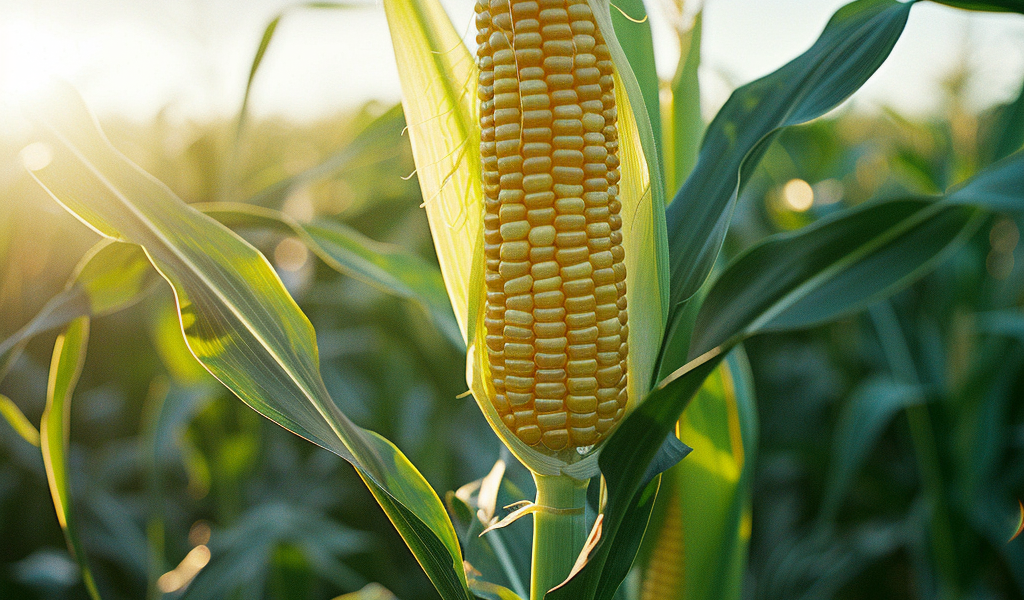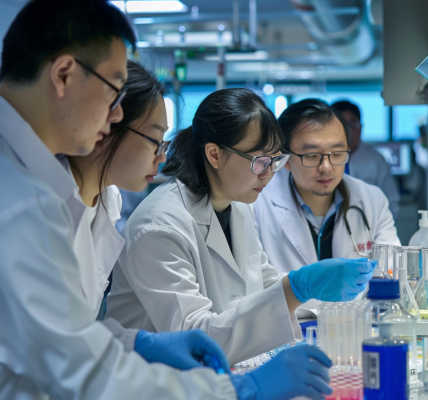Biologists are on a mission to engineer crops that can extract nitrogen directly from the air, a feat that could revolutionize agriculture. Nitrogen is a crucial element for life, forming a significant part of DNA and proteins and constituting the majority of the air we breathe. However, nitrogen atoms typically exist in pairs as N2 molecules, making it challenging for cells to access. As a result, humans and plants rely on consuming nitrogen through the food chain, ultimately sourced from microbes that fix atmospheric nitrogen into ammonia.
These nitrogen-fixing microbes, known as diazotrophs, play a vital role in rendering nitrogen accessible to plants and animals. Without their ability to convert N2 into NH3, the biosphere’s essential processes would be compromised. Historically, diazotrophs managed to meet the nitrogen demands of human agriculture. However, with the depletion of sodium-nitrate deposits in Chile, a primary source of usable nitrogen for plants, the need for alternative nitrogen sources became evident.
In the late 19th century, William Crookes, the president of the British Association for the Advancement of Science, warned of the impending scarcity of nitrogen for agricultural use. He highlighted the challenges in fixing atmospheric nitrogen and proposed various methods, such as coal distillation and sewage utilization, as potential solutions. Crookes’ call for the fixation of atmospheric nitrogen spurred scientific exploration and innovation in this field.
Fast forward to the present day, biologists are actively pursuing the engineering of nitrogen-fixing crops, aiming to bypass the reliance on diazotrophs and traditional fertilizers. If successful, this endeavor could lead to a sustainable and efficient agricultural revolution, with crops capable of directly utilizing atmospheric nitrogen. The implications of such a breakthrough extend beyond agricultural productivity, potentially mitigating the environmental impact of nitrogen-based fertilizers and enhancing food security on a global scale.





